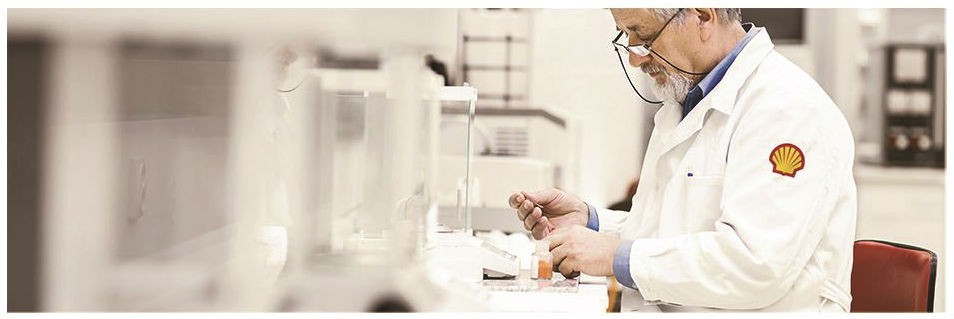What is PC-11?
PC-11 stands for Proposed Category 11, the new Heavy Duty Engine Oils (HDEO) due in early 2017

In order to meet goals for 2017 engines which will be more fuel-efficient and have fewer emissions, many next generation engines will run at higher operating temperatures. This will require changes in engine oil composition so that they can withstand more heat without sacrificing engine protection.
It will also mean that instead of one category of engine oils, we’ll have two. Let’s call them PC-11A and PC-11B.
PC-11A engine oils will be a direct replacement for the engine oils you’re using now. You’ll be able to buy the same viscosity grades and oil types (conventional, full synthetic, synthetic blend) you’re using now and they’ll be “backwards compatible” to all current vehicles. They’ll just also conform to the new PC-11 standards.
The new PC-11B engine oils will be offered in lower viscosity grades and are designed primarily for next-generation engines to help maximize fuel economy without sacrificing engine protection. These PC-11B oils may have limited backwards compatibility and would be labeled as such. Oil companies and OEMs are currently testing these products in a range of applications to demonstrate their use without sacrificing engine protection.
There are four other major differences you can expect to see in PC-11 oils.
Difference #1 – Fuel economy
As PC-11 engine oils get closer to arriving, you may hear the term High Temperature High Shear (HTHS) viscosity. PC-11A oils are being referred to inside the industry as “High HTHS” engine oils, and PC-11B oils are being referred to as “Low HTHS” oils. These Low HTHS PC- 11B oils are being designed to provide fuel economy above and beyond current CJ-4 and PC-11A oils through the use of thinner viscosity fluids.
Difference #2 – Shear stability
Shear stability is the ability of the oil molecules to resist shearing under severe stress inside the engine. Oil shearing results in a lower viscosity, and excessive viscosity loss could impact the ability of the oil to protect vital engine parts. The new PC-11 standards call for improvements in shear stability versus CJ-4 oils. New, more stringent shear stability test limits are being developed to validate that each oil’s shear stability meets the new guidelines.
Difference #3 – Oxidation stability
Oxidation is one of the primary causes of oil breakdown and is accelerated by higher operating temperatures. The next generation of engines are being designed to run hotter. So, PC-11 standards call for improved oxidation stability versus CJ-4 oils.
Difference #4 – Aeration control
The new PC-11 standards call for improvements in aeration control. Aeration is when the engine oil starts to develop tiny air bubbles, foam or both, which can impede the oil’s ability to protect the engine. To monitor the effectiveness of the new oils, they will have to pass a new aeration test called the Caterpillar Engine Oil Aeration test.
As PC-11 draws closer, Shell Rotella continues to refresh their website, WhatIsPC-11.com, with updated information about the upcoming diesel engine oils specification.
WhatIsPC-11.com is an industry resource for topics related to PC-11, including what it means for fleets, owner/operators, off-highway vehicles and diesel powered pickup trucks. PC-11 engine oils are expected to affect new, current and older engines when the category replaces API CJ-4 engine oils.
Dan Arcy, OEM technical manager, Shell Lubricants says that API licensed oils are used for on- and off-highway applications. The same goes for PC-11 oils as they will be valid for transport, agriculture, construction, mining and even diesel pickup applications. Engine manufacturers are still determining whether off-highway engines will use PC-11B oils. You will be able to expect improved protection and performance, even in tough terrain and harsh conditions your off-highway vehicles face on a daily basis.
The last heavy-duty engine oil category, CJ-4, was introduced in 2006. Several engine tests need upgrading and older test hardware is expected to become unavailable. When PC-11 is licensed, December 1, 2016, it will have been almost 10 years since the current category was introduced.


